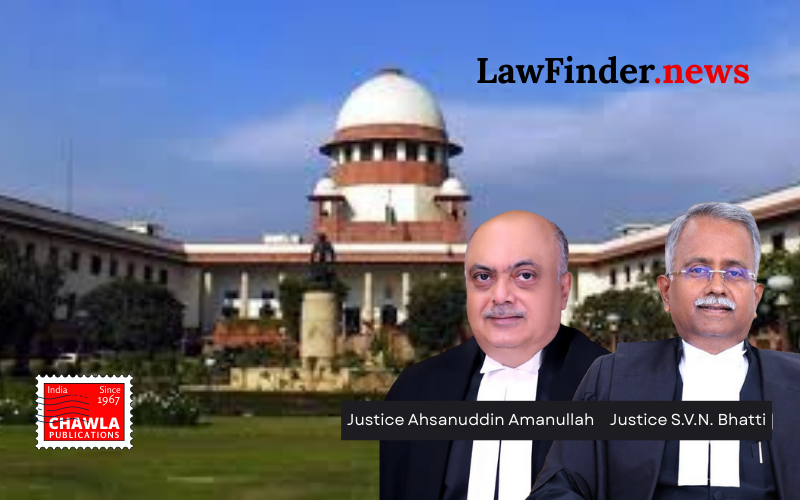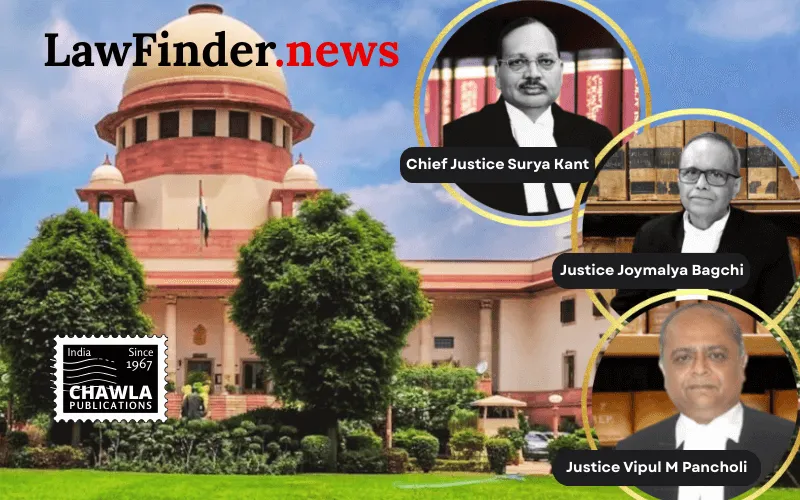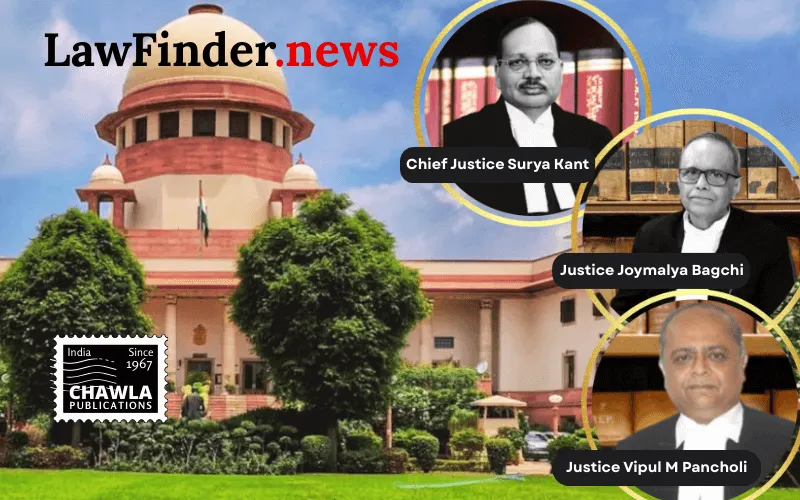Supreme Court Overturns bail orders, orders training of judicial Officers and enquiry against police Officials
In a significant ruling on September 25, 2025, the Supreme Court of India quashed the bail granted to the accused in the case of M/s Netsity Systems Pvt. Ltd. v. State Govt. of NCT of Delhi. Accused enjoyed anticipatory bail from High Court on the promise to repay the amount but did not pay. Bail granted as challan was put up without arrest and IO did not want the custody
Background of the Case
The case revolved around accusations against a husband and wife duo for allegedly defrauding M/s Netsity Systems Pvt. Ltd. of a substantial sum of INR 6.25 crores. The accused had previously given undertakings to repay the amount during mediation proceedings but failed to honor them. Despite their non-compliance and previous involvement in similar fraudulent activities, the Additional Chief Metropolitan Magistrate (ACMM) granted them bail after the charge sheet was filed, citing that custodial interrogation was unnecessary.
Supreme Court's Rationale
The Supreme Court, led by Justices Ahsanuddin Amanullah and S.V.N. Bhatti, found the lower courts' orders unsustainable. The judgment highlighted several critical points:
- 1. Conduct of the Accused: The Court emphasized that the accused misled the High Court by making false undertakings. Their conduct during the anticipatory bail proceedings was deemed deceptive, as they enjoyed interim protection for nearly four years without fulfilling their repayment commitments.
- 2. Procedural Irregularities: The Supreme Court noted significant procedural lapses in the bail granting process. The accused appeared in court without an interim release order and were allowed to leave without being taken into custody, showcasing a lack of adherence to judicial protocols.
- 3. Judicial and Police Accountability: The judgment called for special judicial training for the officers involved to prevent such procedural oversights in the future. Moreover, the Commissioner of Police, Delhi, was directed to conduct an inquiry into the investigating officers' conduct.
- 4. Application of Bail Principles: The Court reiterated the necessity for judicial discretion in bail matters, emphasizing that bail should not be granted mechanically and must consider the accused's conduct and case-specific facts. The decision drew on precedents like Sanjay Chandra v. CBI, underscoring that the presence of a charge sheet alone does not justify bail.
- 5. Judicial Assignments and Transfer Requests: The Court criticized the High Court's reasoning in rejecting a plea to transfer the case to a judge who had previously handled related matters. It emphasized that such decisions rest with the Chief Justice and should not be influenced by roster changes.
Implications of the Judgment
This ruling serves as a crucial reminder of the judiciary's role in maintaining procedural integrity and ensuring justice is not compromised by technicalities or oversight. It underscores the importance of evaluating the accused's conduct and previous court interactions when considering bail applications. The decision also highlights the judiciary's responsibility to ensure that judicial officers and law enforcement adhere to the highest standards of procedural and ethical conduct.
Conclusion
The Supreme Court's verdict in this case reinforces the delicate balance between protecting individual liberties and upholding the rule of law. By setting aside the bail granted to the accused, the Court has sent a strong message about the seriousness with which procedural irregularities and misleading conduct will be treated, thereby strengthening the judicial process and public trust in the legal system.
M/s Netsity Systems Pvt. Ltd. v. State Govt. of NCT of Delhi, (SC) : Law Finder Doc Id # 2784846




